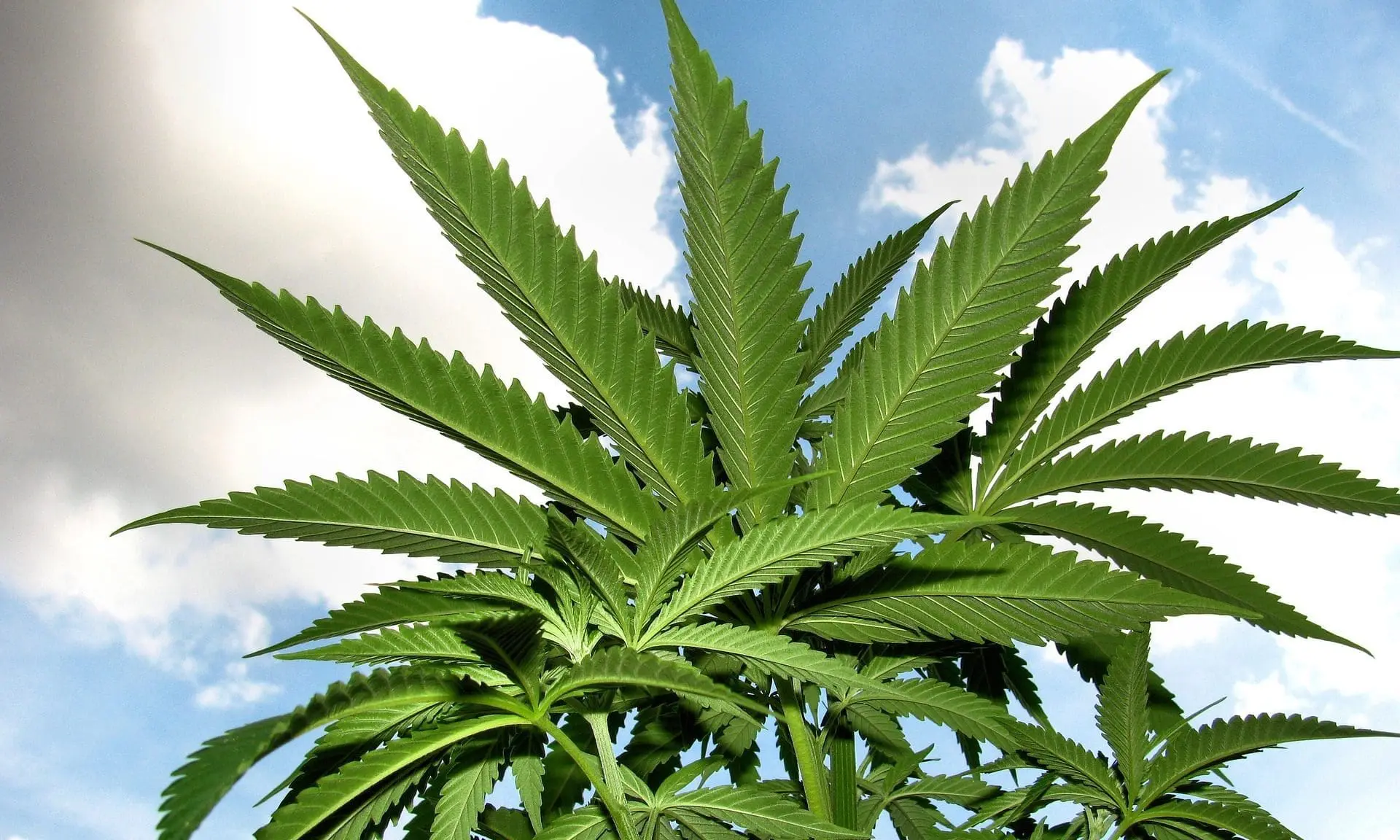Politics
Minnesota Lawmakers’ Poll Shows Support For Letting Cities Ban Marijuana Businesses

Minnesota’s House of Representatives circulated a poll at this year’s State Fair that asked attendees about the idea of allowing localities to enact bans on marijuana businesses within their borders. Most respondents who have an opinion on the issue agree with the policy, despite it not currently being a part of the state’s cannabis laws.
The survey, which touched on a variety of policy issues, asked: “Should cities and counties be allowed to prohibit cannabis businesses in their community?”
Minnesota legalized adult-use marijuana in 2023, but regulators are still working to implement licensed sales. Under the legislation that Gov. Tim Walz (D) signed, local governments are barred from preventing cannabis businesses in their jurisdiction—but House lawmakers evidently wanted to gauge public opinion on that local control option.
According to the survey results, a plurality (47 percent) are in favor of letting localities opt out of permitting marijuana businesses, while 41 percent said they oppose that policy. An additional 10 percent said they were undecided or have no opinion.
Nearly 10,000 people participated in the poll.
Advocates and regulators in legal cannabis states have cautioned that allowing local restrictions, especially in an emerging market, could undermine efforts to eradicate illicit sales by limiting access to regulated sources.
By law, Minnesota allows local governments to limit the number of retailers in their jurisdictions, though it requires leaders to allow at least one marijuana store for every 12,500 residents.
But the House’s survey could add impetus for lawmakers to revisit the current law, which is still in the process of being implemented.
Ahead of the enactment of legalization in Minnesota, lawmakers separate State Fair polls that found majority support for the reform.
Meanwhile, the governor recently selected a top cannabis regulator for the state who will oversee the adult-use market rollout. And while there may be some jurisdictions in favor of a local control option for licensees, over a dozen Minnesota cities have signaled interest in government-run cannabis retailers.
—
Marijuana Moment is tracking hundreds of cannabis, psychedelics and drug policy bills in state legislatures and Congress this year. Patreon supporters pledging at least $25/month get access to our interactive maps, charts and hearing calendar so they don’t miss any developments.
![]()
Learn more about our marijuana bill tracker and become a supporter on Patreon to get access.
—
In June, Minnesota’s Office of Cannabis Management (OCM) issued the state’s first recreational marijuana license for a cultivation microbusiness.
OCM said at the time that it’s taking further steps to build up in the industry and create opportunities to entrepreneurs, including opening a new licensing window for cannabis testing facilities, accepting the first applications for marijuana event licenses and verifying more social equity status requests.
Separately, after Minnesota lawmakers passed a bill to end the criminalization of bong water containing trace amount of drugs, the governor signed the measure into law in May.
The change addresses an existing policy that had allowed law enforcement to treat quantities of bong water greater than four ounces as equivalent to the pure, uncut version of whatever drug the device was used to consume.
Also in Minnesota, a Native American tribe earlier this month opened the state’s first-ever legal recreational marijuana store outside of a reservation. The shop in Moorhead was followed by another location in St. Cloud that’s also operated by the White Earth Nation.
The launch of the shop comes after Walz signed of a landmark agreement this year to allow the tribe to operate up to eight retail marijuana stores across the state.
Minnesota’s 2023 cannabis legalization law allows tribes within the state to open marijuana businesses before state licensing of businesses begins. Following the law’s enactment, a number of tribal governments, including White Earth Nation, the Red Lake Band of Chippewa Indians and the Leech Lake Band of Ojibwe, made early moves to enter the market.
In April, meanwhile, state officials moved to delay a separate drug reform—the opening of safe drug consumption sites, meant to allow people to use drugs in a safer, supervised setting.
“More work needs to be done on a state and federal level before these services can be implemented in a way that is safe for participants and Harm Reduction programs,” a representative for the Department of Human Services (DHS) Behavioral Health Administration said at the time.
In March, lawmakers also filed legislation that would create a system to allow legal access to psilocybin for medical purposes. That came just days after the introduction of a separate bill that would legalize personal psilocybin use and possession among adults.
Photo courtesy of Martin Alonso.

